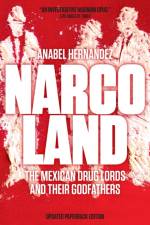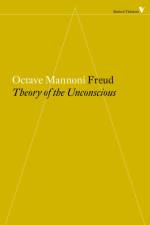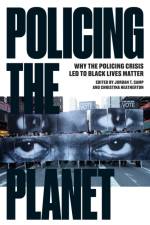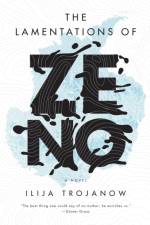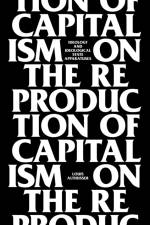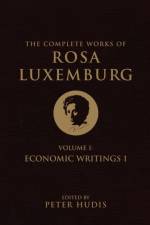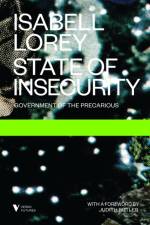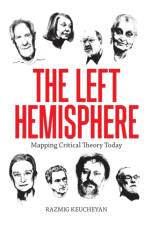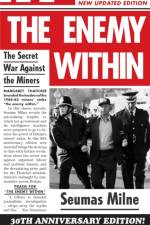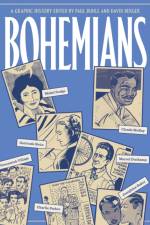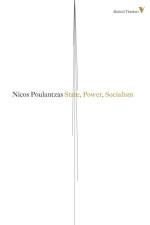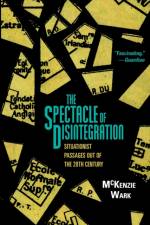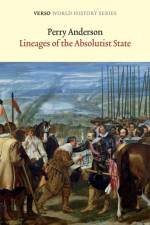- The Mexican Drug Lords And Their Godfathers
av Anabel Hernandez
171
The product of five years' investigative reporting, the subject of intense national controversy, and the source of death threats that forced the National Human Rights Commission to assign two full-time bodyguards to its author, Anabel Hernndez, Narcoland has been a publishing and political sensation in Mexico. The definitive history of the drug cartels, Narcoland takes readers to the front lines of the ';war on drugs,' which has so far cost more than 60,000 lives in just six years. Hernndez explains in riveting detail how Mexico became a base for the mega-cartels of Latin America and one of the most violent places on the planet. At every turn, Hernndez names names not just the narcos, but also the politicians, functionaries, judges and entrepreneurs who have collaborated with them. In doing so, she reveals the mind-boggling depth of corruption in Mexico's government and business elite. Hernndez became a journalist after her father was kidnapped and killed and the police refused to investigate without a bribe. She gained national prominence in 2001 with her exposure of excess and misconduct at the presidential palace, and previous books have focused on criminality at the summit of power, under presidents Vicente Fox and Felipe Calderon. In awarding Hernndez the 2012 Golden Pen of Freedom, the World Association of Newspapers and News Publishers noted, ';Mexico has become one of the most dangerous countries in the world for journalists, with violence and impunity remaining major challenges in terms of press freedom. In making this award, we recognize the strong stance Ms. Hernndez has taken, at great personal risk, against drug cartels.'

